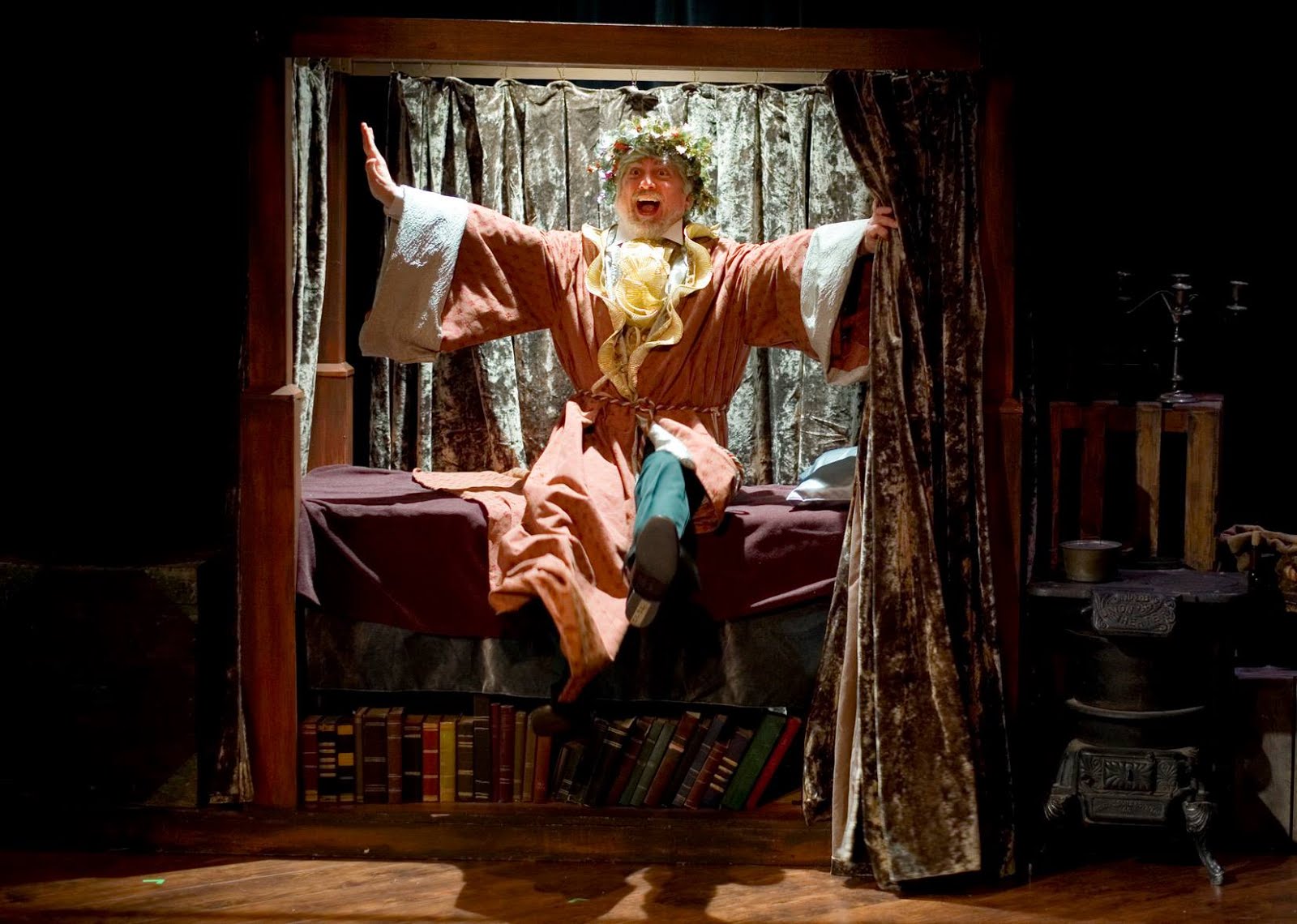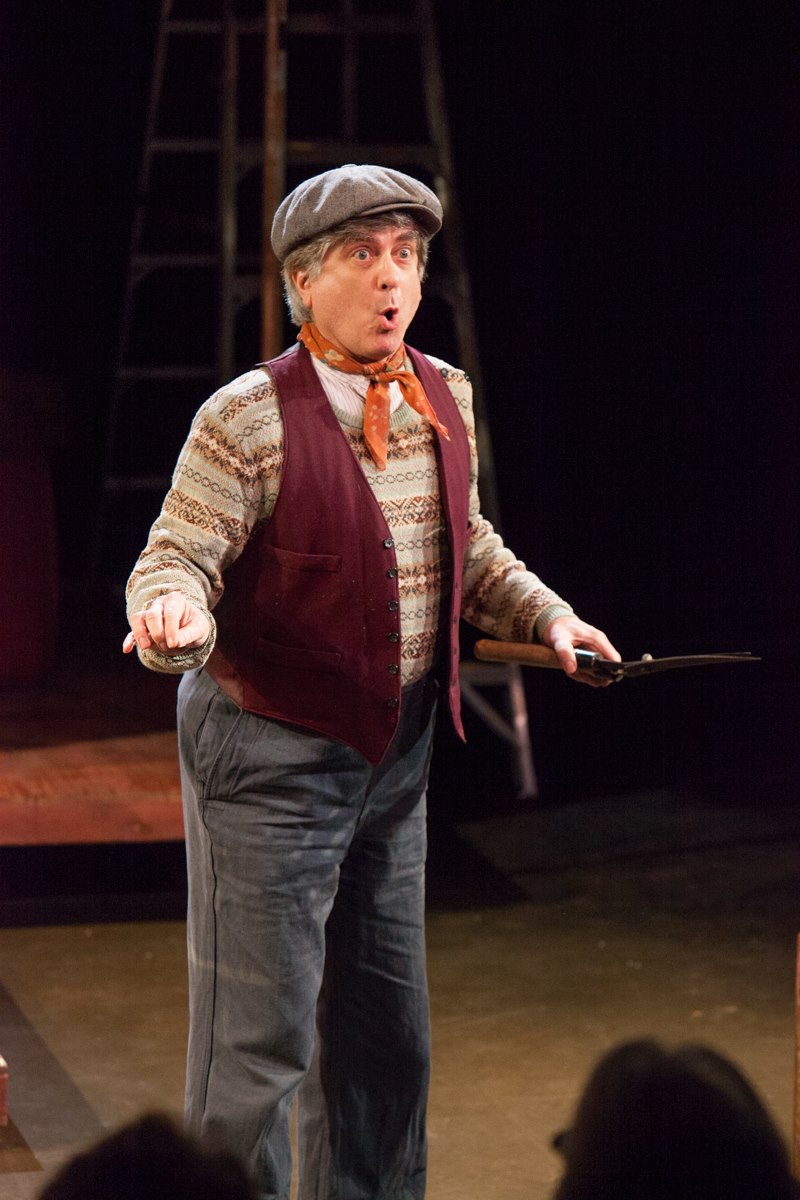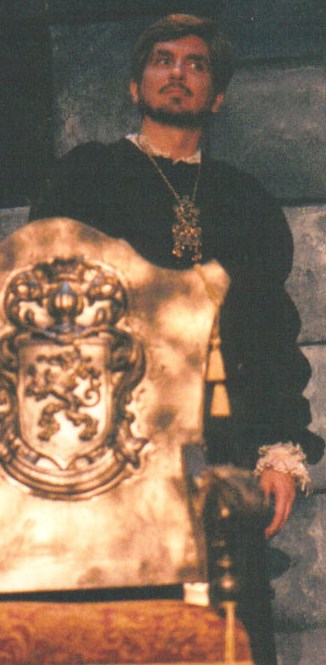Elaine Stritch
 |
| 1925-2014 |
 |
| Even after two Tony nods, Stritch found her career dangerously dry in the mid-60s. She tended bar to support herself (appropriately, at Elaine's in NY). |
I first became aware of Stritch when I listened to the original cast album of Company. Who the hell was that brassy woman with the bass voice shouting about ladies who lunch? Hers was the 11:00 number, and is, with the possible exception of "Being Alive," the most famous song from the show. And Elaine's rendition is considered the definitive version.
 |
| Her first Tony nod came for Inge's Bus Stop, in which she played acerbic cafe owner Grace. The film version was only loosely based on the play, and Stritch's role went to Eileen Heckart. 35 years later, Elaine returned the insult, and replaced Heckart as Wilma Bern on One Life To Live. |
She spent some time in drama school, but it was only a few years until she began her Broadway career. She made a splash in a revival of Pal Joey, playing a reporter who interviews the star and delivers "Zip," the kind of comic song for which Stritch became well known.
 |
| Everyone was sure Elaine would finally win her Tony when her performance as Joanne in Company became the talk of the town. She lost it to hoofer Helen Gallagher in No, No, Nanette. |
She was at her best in this kind of number, telling a story or making a list; all her signature songs are in this vein. A straight-out love ballad was not her strong suit, but give her a tale to tell, and she was in her element.
Elaine was nominated for the Tony five times during her career, finally winning for her one-woman show, At Liberty.
 |
| Elaine's lone Tony was for her solo show, in a category which no longer exists. |
Back in 1996, she told 60 Minutes that, if a performer believes she deserves the Tony, she does not have to win it. Many years later, she had changed her mind. Talking to the New York Times, Stritch recently confessed to a deep disappointment that she had not been rewarded for her lifetime of theatrical work sooner. I agree with her.
 |
| The first of Elaine's 3 Emmys was earned for this portrayal of a feminist attorney defending Felicity Huffman (before she became a Desperate Housewife), on Law and Order. |
 |
| Despite 6 decades on stage, Stritch only became a national celebrity as this recurring character on 30 Rock. |
She appeared in the 1950s melodrama A Farewell to Arms, and she starred in a sitcom in the early 60s which was based on the stage play My Sister Eileen. The majority of her screen fame, though, came late in her life, as she turned in hilarious performances as mouthy maternal figures.
 |
| As Mia Farrow's mother in Woody Allen's September, there was legitimate Oscar buzz. |
She played Dyan Cannon's mother (Out To Sea), Winona Ryder's grandmother (Autumn in New York), and Jane Fonda's mother-in-law (Monster-In-Law). Most famously, she played Alec Baldwin's mother in several episodes of TVs 30 Rock, earning five Emmy nominations for her performances in that sitcom, and winning in 2007.
We are very glad Elaine Stritch continued to perform later in life. Let's get to this week's clips!
Yes, there are two, but this first one is quite short. The most recent revival of A Little Night Music starred Catherine Zeta-Jones (who won the Tony) and Angela Lansbury. When those stars departed, the producers stumbled upon a plan to keep the show running a while longer. Bernadette Peters and Elaine Stritch assumed the mother/daughter roles in the show. Here is about a minute of Stritch's performance as aging courtesan Madame Armfeldt; the song illustrates Elaine's expertise with the "memory song," in which she can captivate an audience simply by telling a story. The song was originated by the great Hermione Gingold:
The above performance was the last she was to give on Broadway, but she didn't give up.
 |
| This recent documentary chronicles our star's final few years in NY, in which she struggles with memory loss and balance issues. |
Elaine's last New York appearance was a week's engagement at her favorite cabaret, the Cafe Carlyle (I wrote about that here). She lived there, too; she confessed to 60 Minutes that she began living in hotels when her diabetes became so severe, she needed to have someone within reach at all times. When her health finally became so poor that even hotel staffers were not enough, Elaine left New York and returned to her hometown. She was only there a year or so before her death last week.
What a career our gal had. This week's Dance Party showcases Elaine Stritch's fine comic style, singing a Rodgers and Hart classic from A Connecticut Yankee. Years ago, Danny Kaye's wife and beard, Sylvia Fine Kaye, hosted a series of programs for television, documenting some of musical theatre's enduring treasures. This song is one. This performer is another.













































,+Olney+Theatre+Center,+2004.jpg)



,+Shakespeare+Theatre+Company,.jpg)


,+Warehouse+Theatre,+1999.jpg)
,+Are.jpg)
,+Everyman+Theatre,2002.jpg)
,+First+Nationa.jpg)
,+Shakespeare+Theatre+Company,.jpg)






,+Granada+Th.jpg)
,+Globe+Playhouse,.jpg)
,+CSUN,+1976.jpg)


